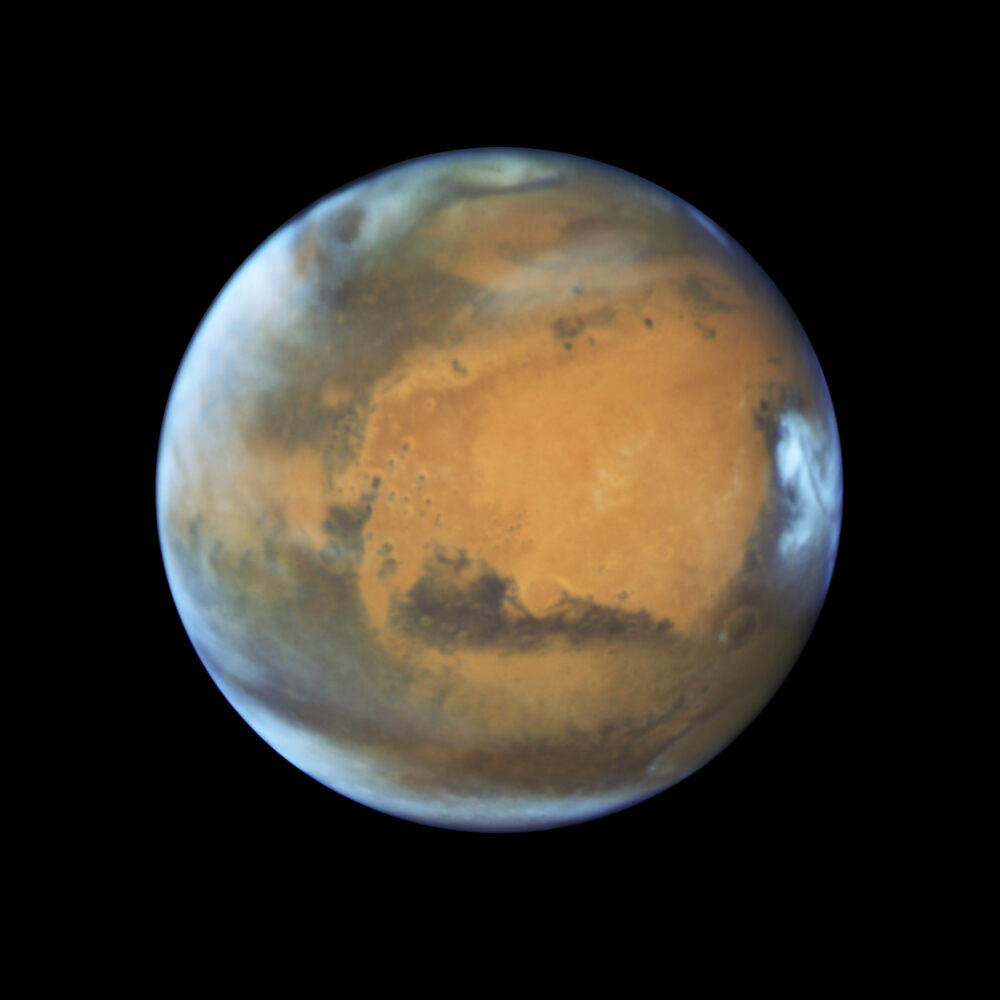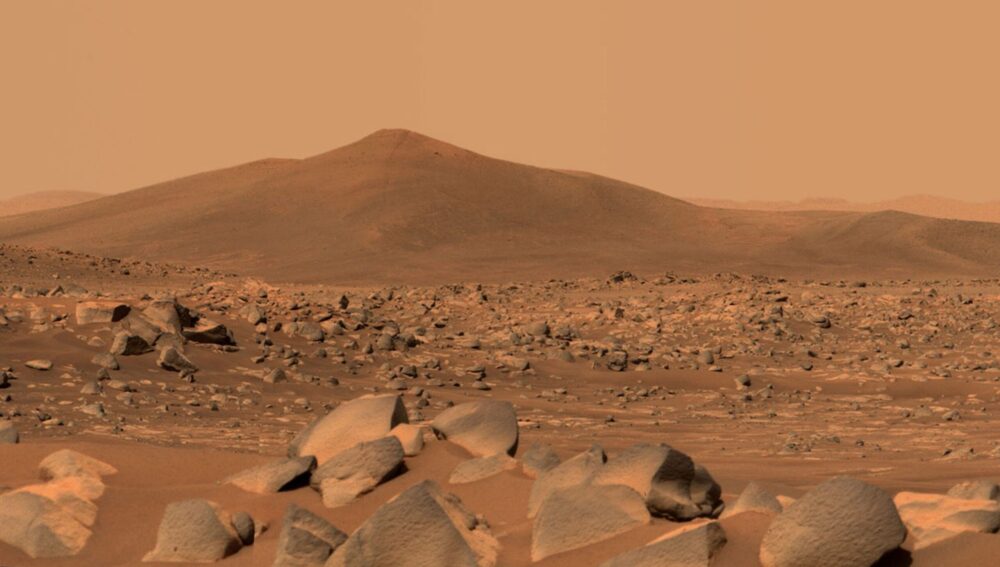
UK News
Mission to Mars: Academics prepare to prove water theory
3 years ago

The team from the University of Aberdeen have developed a device to monitor whether water forms on the planet’s surface.
Technology developed by academics from the University of Aberdeen is to be flown to Mars in an attempt to prove water can form on the planet’s surface.
The device, put together by the university’s Department of Planetary Sciences, will monitor a process scientists believe produces water on the planet but has never been seen.
The instrument was originally supposed to be sent to Mars during a space mission devised by the European Space Agency and its Russian counterpart, but this was put on ice following Russia’s invasion of Ukraine last year.
Funding from the UK Space Agency will now see the device loaded on to a forthcoming Japanese mission to Mars scheduled to take place in the next five to 10 years.
Liquid water has never been seen on the surface of Mars but scientists believe unique salts on the surface absorb water from the atmosphere and produce liquid water in the form of brine at night when the temperature is lowest.
The technology developed at the university, named Habit (Habitability: Brine Irradiation and Temperature), will attempt to record this process.

It will be loaded with the kind of salts known to exist on Mars, allowing the team to monitor if and how the salts absorb moisture from the atmosphere and produce water.
It will also investigate the amount of water vapour in the atmosphere, daily and seasonal variations in ground and air temperatures, and the UV radiation environment.
Professor Javier Martin-Torres, head of the Department of Planetary Sciences, will present Habit to UK Space Agency representatives at the Japanese Aerospace Exploration Agency headquarters in Tokyo this month.
He will then go on to deliver a briefing on the technology at the International Symposium on Space Technology and Science.
He said: “We are very grateful and excited to have this new opportunity to get Habit to Mars through the UK Space Agency and the Japanese space programme.
“Although we will need to do some small adaptations to ensure Habit is suitable to be compatible with the Japanese equipment, this work is minor compared to the years of research and development that have already been done on the device to get us to this stage.
“I previously had the opportunity to work on a different instrument, the Rover Environmental Monitoring Station (REMS), which is currently on Nasa’s Curiosity rover.
“It’s a nice feeling to see the pictures of REMS on Mars and to be able to say that I once had that device in my hands.
“Assuming the mission goes ahead as planned, Habit will become the first ever European in-situ resource utilisation instrument to be deployed on the surface of another planet.
“We are very fortunate and excited to have this opportunity, but more excited by the possibility of answering some age-old questions about the existence of water and life on Mars.”









 Subscribe
Subscribe Follow Us
Follow Us Follow Us
Follow Us Follow Us
Follow Us Follow Us
Follow Us Follow Us
Follow Us











